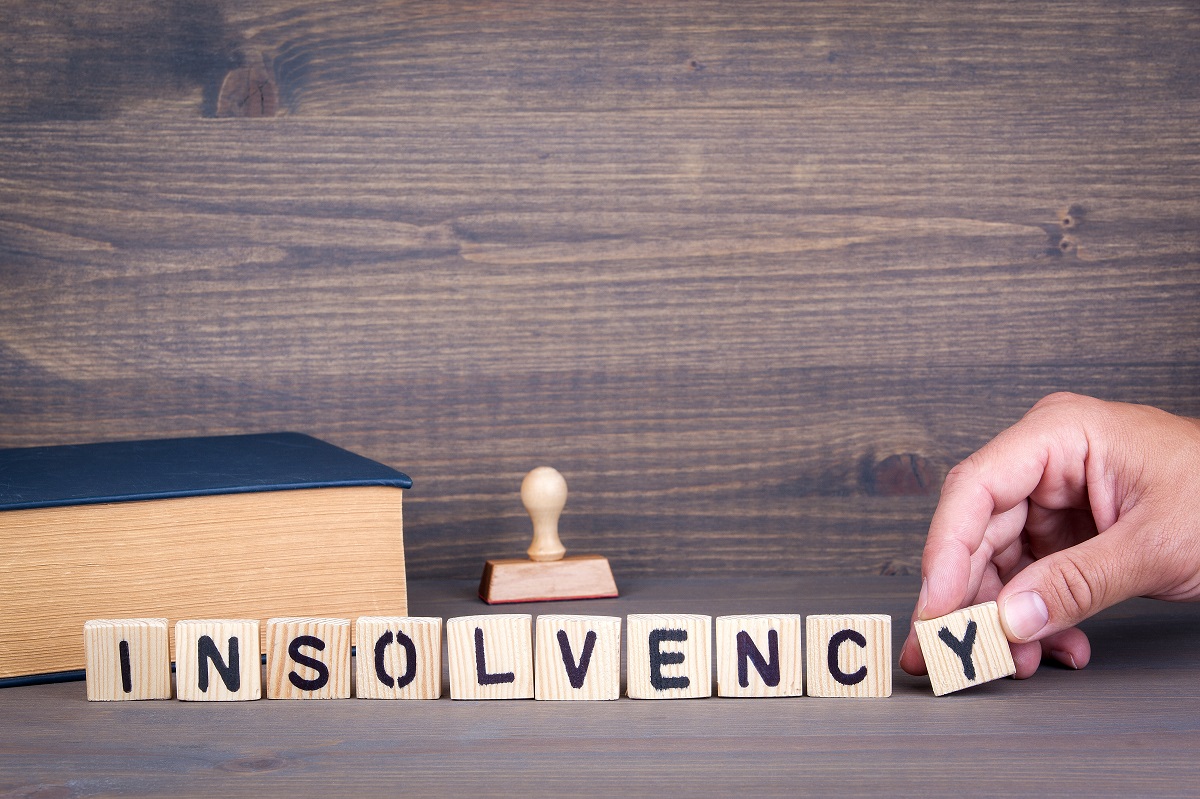10 Easy Facts About Insolvency Practitioner Explained
Table of ContentsHow Insolvency Practitioner can Save You Time, Stress, and Money.Not known Factual Statements About Insolvency Practitioner What Does Insolvency Practitioner Do?The Greatest Guide To Insolvency PractitionerWhat Does Insolvency Practitioner Mean?
Whether or not you need to utilize a bankruptcy specialist (IP) to liquidate your business depends on various factors. While engaging a bankruptcy practitioner for all kinds of liquidation is not a legal requirement, doing so can commonly enhance the procedure and guarantee conformity with lawful demands. Liquidating a firm is an essential decision that comes with substantial repercussions.

It is a procedure used when a company does not have any type of lenders, or every one of their lenders can be paid off completely with legal passion. Understanding the various kinds of insolvency processes can assist you determine the finest training course of activity for your business's liquidation or other official insolvency procedures itself.
This is obligatory in order to follow lawful demands - Insolvency Practitioner. This is due to the fact that IPs have the required qualifications and experience to guarantee that the liquidation process is conducted according to all appropriate legislations and laws. By involving an accredited insolvency specialist, you can have assurance knowing that your firm's liquidation process will be taken care of professionally and in conformity with the pertinent legal demands
All About Insolvency Practitioner
The insolvency professional is designated as a liquidator and is in charge of handling the business and liquidator's financial debts superior liabilities and possessions. This procedure includes selling the firm's assets and distributing the profits to creditors. Upon conclusion of the process, the firm is removed from the register at Firms Residence.
Stopping working to do so can cause personal responsibility for the company or supervisor for the lender's debts. Volunteer liquidation, which includes Financial institutions' Volunteer Liquidation (CVL) and Members' Voluntary Liquidation (MVL), is launched by the firm's supervisors and shareholders when they can no much longer pay their financial debts. In a CVL, the bankruptcy expert is marked as the liquidator, responsible for managing business debts and all firm assets.

Some Known Factual Statements About Insolvency Practitioner
By analyzing the experience and experience of prospective bankruptcy professionals, you can ensure that you select a practitioner that has the needed credentials to handle your company's liquidation procedure properly. While bankruptcy practitioner-led liquidation is commonly one of the most appropriate course of activity for business encountering bankruptcy, there are different methods to think about, such as striking off and partial Your Domain Name liquidation.
It's vital to assess all readily available choices prior to choosing the next ideal service or training course of activity for your service. Striking off companies' registers is a more straightforward and cost-effective way to close inactive or little companies without any financial debts or possessions. To strike off a business, its name is removed from the Companies House register by sending form DS01.
Prior to choosing striking off, it's essential to consider the advantages and drawbacks of this approach and consider whether it's the ideal option for your business. Partial liquidation is an additional choice to bankruptcy practitioner-led liquidation, in which a firm sells off specific properties and obligations while remaining to run with the continuing to be properties and responsibilities.
A Bankruptcy Professional will have the ability to encourage you of the very best course of activity to take and guarantee that everything runs smoothly. However, it is not feasible to sell off a firm without a liquidator. Assigning an authorised bankruptcy expert is necessary for the process of volunteer liquidation to start.
3 Easy Facts About Insolvency Practitioner Shown
It is feasible to close and liquidate your firm without utilizing a liquidator, provided your company is solvent and you fulfill the eligibility needs to dissolve or liquidate it. Nevertheless, if your company is insolvent, you may be called for to use a liquidator and start official insolvency procedures. Right here are a few other insightful posts relating to company liquidation in the UK:.
Being in a setting where you're incapable to pay your company's financial institutions is extremely demanding. In an effort to stay clear of enhancing the level of debt, lots of firms attempt to discuss straight with their creditors and consent to a casual setup. If the debt is quite small and owed to one lender, and the financial institution is being cooperative, participating in an informal financial debt setup is possibly the very best option, instead than searching the internet for 'a bankruptcy expert near me'.
On the other hand, if there are multiple creditors and the level of financial obligation is big, financial institutions may not be so ready or cooperative. To avoid liquidation or bankruptcy, it is much better to work with a bankruptcy specialist to attract up formal propositions and work out with financial institutions in your place.
The Basic Principles Of Insolvency Practitioner
Whilst it is a means to manage financial debt, there read are considerable threats included with this kind of financial debt plan - Insolvency Practitioner. If a lender wants to get in into an informal plan (IA) whereby the debtor has actually consented to make regular, if lower, settlements to pay off the financial debt, read review it is essential to stick to the agreement

Consequently, the lender is within their legal rights to revoke the contract and petition the courts for your firm to be sold off at any kind of time. An official plan that has been proposed by an insolvency professional on your behalf, and agreed by a lender, offers a much safer alternative.
Comments on “Things about Insolvency Practitioner”